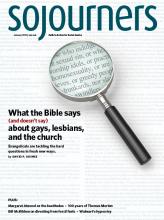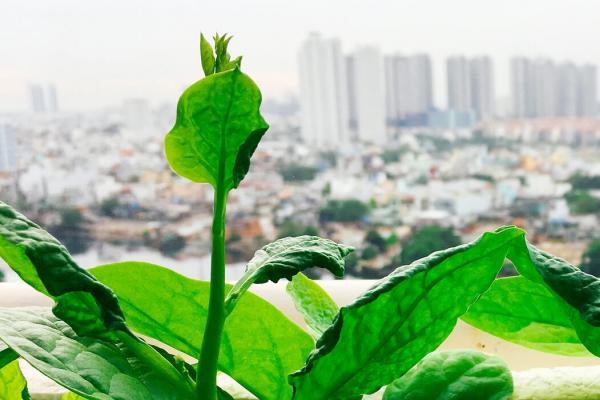THIS IS SURELY the most difficult beatitude. First, it’s hard to interpret. Does “meek” mean a Uriah Heep-like unctuous humbleness? Does it mean softness or gentleness or weakness? Are “the meek” the powerless, or perhaps the poor? Is their meekness to be displayed toward God, but not toward people? How meek is meek, and do you always have to let bullies kick sand in your face at the beach?
Next, what about “inherit”? That’s a legalistic term; who’s going to die so someone else gets an inheritance? Will the non-meek be pushed over a cliff so that only the meek are left? Or will the non-meek be lowered in status and the meek become rulers, thereby shedding their meekness?
And what about “the earth”? Another beatitude refers to the kingdom of heaven—the poor in spirit have it already, it seems—but “the meek” will instead inherit “the earth.” The material world.
Being Canadian, I memorized the beatitudes at school. But I wondered whether “the meek” had to be people. Could they be some other life form? Scottish physiologist J.S. Haldane felt God shows an inordinate fondness for beetles—having created so many—and my own father speculated that, if humankind destroyed itself by nuclear bombs or otherwise, the earth would be inherited by cockroaches. That would explain everything!
Read the Full Article

